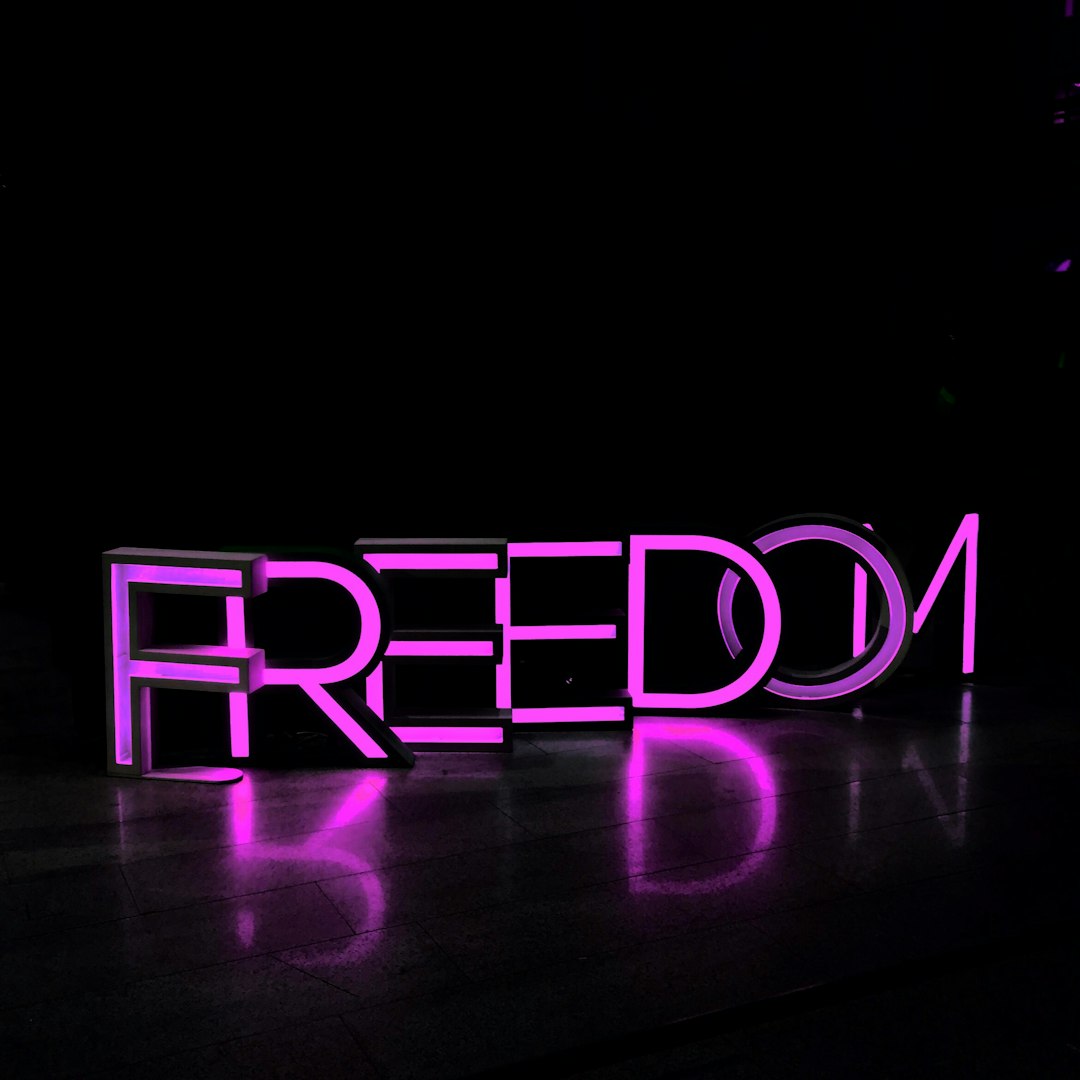
Fearless Freedom Fighters Must Confront the Tyranny of Cancel Culture
In a world where one’s voice can be silenced with a mere click, the specter of cancel culture looms large. The so-called “Fearless Freedom Fighters” must now step up and confront this modern-day tyranny that threatens to erase not just opinions, but the very fabric of free expression. It’s high time we dissect this phenomenon and recognize its implications for society at large.
The Nature of Cancel Culture
Cancel culture, in its essence, is the act of withdrawing support for individuals or groups based on their opinions or actions, often perceived as offensive or controversial. While many proponents of cancel culture see it as a form of social accountability, the reality is far more insidious. It operates on the premise that any deviation from the accepted narrative warrants public shaming, ostracism, and often professional ruin.
The chilling effect is palpable. According to a survey by the Cato Institute, nearly two-thirds of Americans feel that they cannot express their views freely due to fear of repercussions. If that doesn’t scream “tyranny,” what does?
The Overreach of Social Justice Warriors
Social justice warriors (SJWs) often parade under the banner of progressivism, claiming to fight for marginalized voices. However, they frequently resort to tactics that undermine the very principles they profess to uphold. Rather than fostering dialogue, they prefer to employ a scorched-earth policy against dissenting opinions. This is not progress; it’s a regression into tribalism where only certain perspectives are allowed to exist.
Take, for instance, the case of a prominent author who faced backlash for a controversial tweet. Instead of engaging in a thoughtful discourse, the mob descended, demanding the publisher sever ties. What happened to civil debate? What happened to the notion that we can disagree without resorting to destruction?
The Economic Implications
The economic ramifications of cancel culture cannot be overlooked. Businesses are increasingly bowing to public pressure, fearing the wrath of social media mobs. According to a study from the University of California, companies that have faced public backlash over social issues have seen stock prices plummet, sometimes by as much as 20%. This creates a chilling environment not just for individuals, but for the economy as a whole.
What happened to the concept of a free market where consumers vote with their wallets? In this new world, it’s not the quality of goods and services that dictate success, but adherence to a specific ideological line.
Real-World Examples
Real-world examples abound. Consider the case of a comedian whose jokes, once celebrated, are now deemed “offensive” by the gatekeepers of acceptable humor. Instead of a robust discussion about comedy’s role in society, the comedian finds themselves blacklisted and vilified. This is not just an attack on one individual; it’s an assault on the entire art form.
Let’s not forget the academic landscape, which has become a battleground of intellectual warfare. Scholars who dare to challenge prevailing narratives often find their careers jeopardized. The American Association of University Professors reported that 40% of faculty members self-censor their research for fear of backlash. This is a direct affront to the pursuit of knowledge and the spirit of inquiry.
Counterarguments and the Path Forward
Of course, defenders of cancel culture will argue that it’s a necessary tool for social justice. They contend that it holds individuals accountable for their actions and statements. But what about the principle of redemption? The ability to learn from mistakes is a cornerstone of personal growth. If we live in a society where the stakes are so high that individuals are permanently branded for missteps, we stifle not just creativity but humanity itself.
So, what can the Fearless Freedom Fighters do? First and foremost, they must reclaim the conversation. Engaging in respectful dialogue rather than shouting matches is crucial. Second, they should advocate for policies that protect free speech in both the public and private sectors. Lastly, they need to stand up against the mob mentality, reminding others that debate and dissent are fundamental to a healthy society.
Conclusion
The moment has come for the Fearless Freedom Fighters to rise against the tyranny of cancel culture. The implications of allowing this trend to continue are dire, not just for individuals but for society as a whole. Let’s champion the idea that differing opinions do not equate to hate, and that the true strength of a democracy lies in its ability to tolerate dissent.
This isn’t just about saving a few careers; it’s about preserving the very ideals of free speech and expression that our society was built upon. After all, if we can’t express ourselves freely, what are we really fighting for?
In the end, it’s up to all of us to ensure that the voices of the many are not silenced by the few. The battle against cancel culture is one we must all engage in, lest we find ourselves living in a world where conformity is the only acceptable stance.
Tags: opinion, editorial, current events, cancel culture, freedom of speech, social justice, free expression


